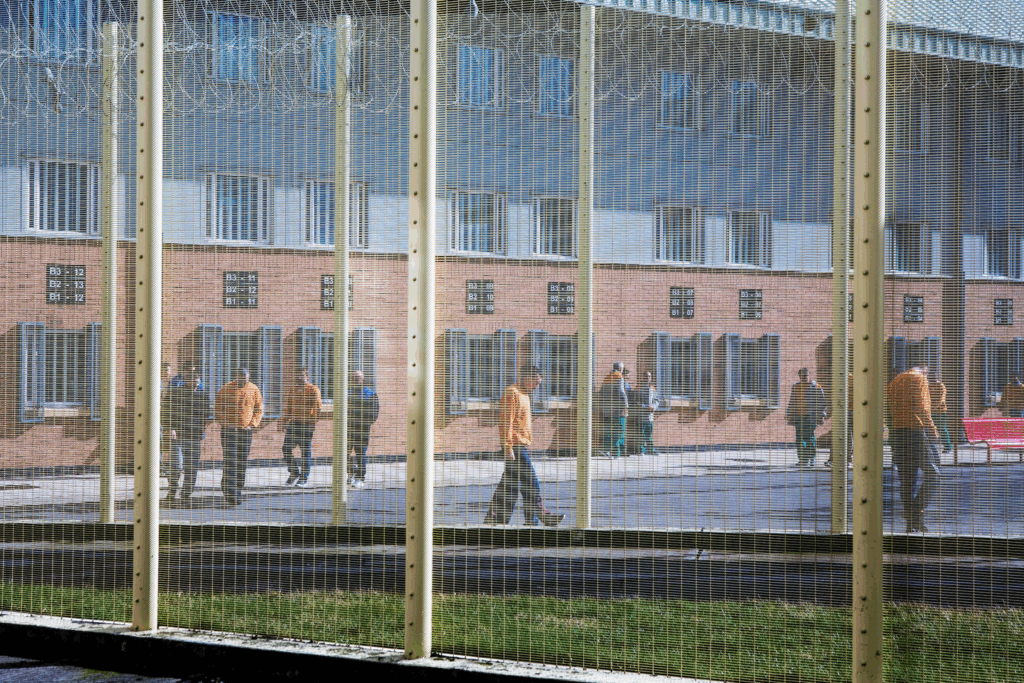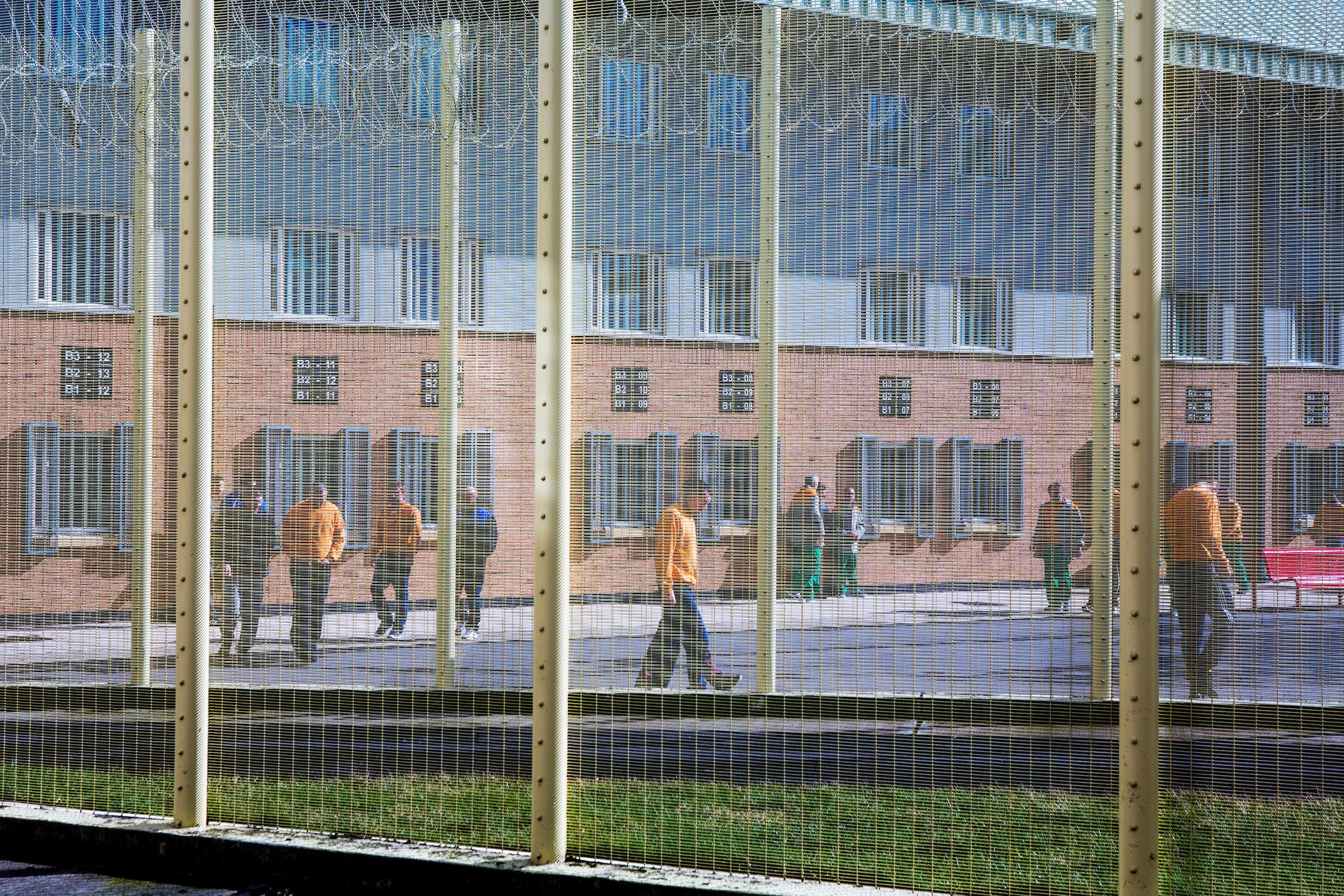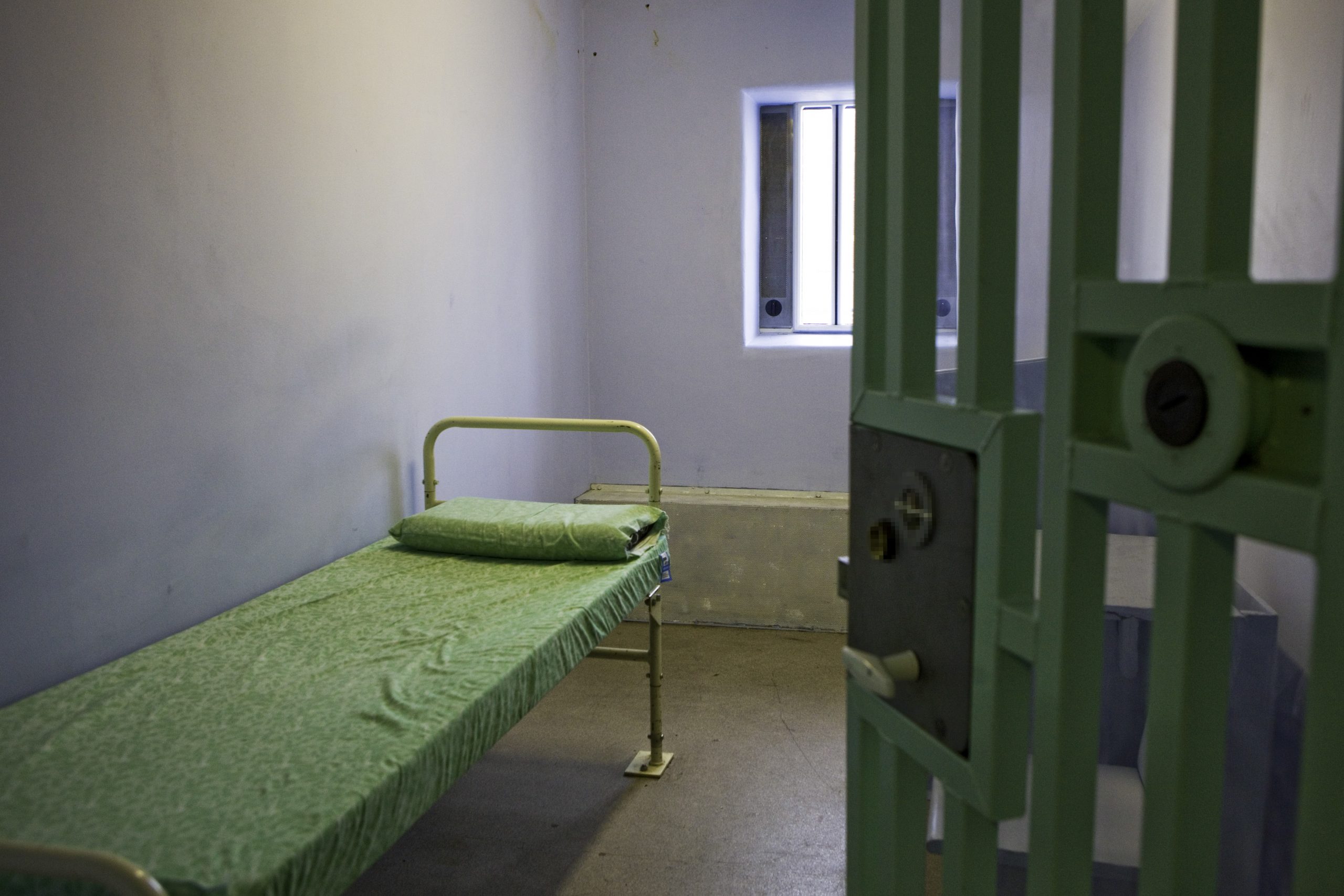The ‘overwhelming’ flood of drugs risked ‘destablising’ prisons, according to the Chief Inspector of Prisons’ annual report which revealed in one category C prison a staggering 59% of prisoners tested positive for drugs. Pic: Andy Aitchison.
Charlie Taylor claimed that the police and prison service had effectively ‘ceded the airspace’ above two high security prisons to organised crime gangs delivering contraband by drones. He argued that the influx of illicit drugs were the ‘overriding themes’ of the years ‘undermining every aspect of prison life’.
‘Overcrowding, coupled with a lack of activity, caused boredom and frustration among prisoners, which heightened the demand for drugs,’ Taylor said. ‘Many spent most of the day in cramped, shared cells, where broken furniture and windows, and infestations of vermin, were common.’
According to the inspectors’ prisoner surveys, 39% of prisoners said it was easy to get illicit drugs and they regularly inspected prisons where the rate of random drug testing revealed positive results of at least 30% including a ‘staggering’ 59% at HMP Hindley. ‘This meant in many jails, they were seemingly uncontrolled levels of criminality that hard-pressed and often inexperienced staff were unable to contain,’ the report said.
The flood of drugs into prisons meant it was ‘unsurprising’ that the violence increased last year with assaults on staff 13% higher. The effect of drugs led to four urgent notification letters being issued to the Secretary of State this year as a result of ‘appalling outcomes’ at Wadsworth, Manchester, Winchester and Rochester.
Such was the pressure on the system, the government had ‘little choice’ but to introduce the early release scheme. This resulted in 3,112 additional prisoners released in just two days in September and October ‘creating a huge burden on already stretched defender management units’.
Outside of mainstream prisons, young offender institutions were described as ‘plagued’ with ‘often very serious violence at levels that were higher than in any adult prisons’. Time out of cells remained ‘shockingly bad with most boys lucky if they got six hours a day out of their sales on weekdays – we’ve even less at the weekend’. Their inspection at Harmondsworth immigration removal centre revealed ‘some of the worst standards inspectors had seen’.
Inspectors found ‘thriving elicit economies of drugs, mobile phones and weapons’ at Manchester and Long Lartin. In January 2025, Taylor called for urgent actions to tackle the increasing problem of drones delivering contraband into the two high security prisons. Basic security measures, such as protective netting and CCTV, had been allowed to fall into disrepair – at Manchester prisoners were ‘burning holes in supposedly secure windows so they could continue to receive regular deliveries by drone’.
Almost six out of 10 prisoners at Long Lartin (59%) said it was easy or very easy to get illicit drugs and at Manchester 39% of prisoners tested positive in mandatory drug tests. It was ‘highly alarming’ that the police and prison service had ‘ceded the airspace’ above two high security prisons to organised crime gangs, Taylor said. ‘Most concerningly, drones were making regular deliveries to Manchester and Long Lartin which held some of the most dangerous men in the country, including terrorists and organised crime bosses,’ he said.








